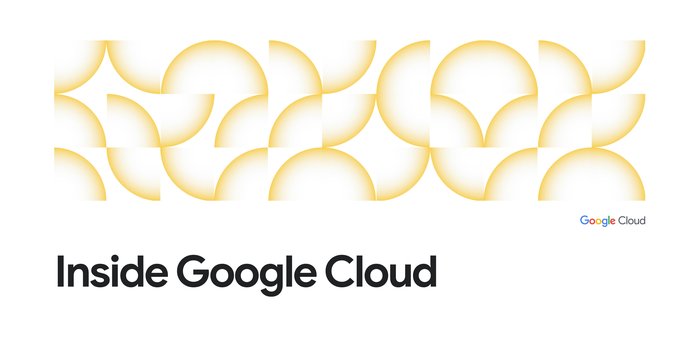A motorcycle accident left Googler Yariv Adan with chronic pain—it’s made him an advocate for empathy and equity

Google Cloud Content & Editorial
Try Google Cloud
Start building on Google Cloud with $300 in free credits and 20+ always free products.
Free trialEditor’s note: Yariv Adan has been involved in the creation of some of Google's most well-known and astonishing products—helping make complex Artificial Intelligence (AI) accessible and useful to billions of people. For a long time, he’s been living with chronic pain. A naturally lively and curious person, his personal journey has taught him resilience and compassion.
How long have you been working in Artificial Intelligence? What have you built?
I've been working in AI off and on for 25 years, after first becoming interested in college. Twenty years ago, I used relatively simple AI models to spot anomalies in business operations. I joined Google in 2007 to work on other things and got back up to speed on AI in 2013. I have been fortunate to be part of the team that developed Google Assistant, Google Lens and Google Duplex, which creates a natural conversation with computers. At the beginning of 2022, I came over to Google Cloud to work on conversational AI for enterprises.
How different is it to build AI for businesses, versus consumers?
Working with Google Assistant and Duplex technology convinced me that society is headed for revolutionary changes in how people and computers interact. For now though, there's more value and need in business, which is likely because problems and challenges are better scoped and constrained. For example, Contact Center AI helps provide answers and solutions to problems without having to wait for a human agent—this means lower costs and better customer satisfaction. The benefit is clear and measurable. Another example is content moderation in online gaming, which keeps out bad behavior.
That's an impressive body of work, setting that aside, what else has been going on?
In 2014, I had a motorcycle accident that left my right arm basically unusable. As a result of the accident, some of my nerves were crushed and ever since then, my brain has been registering chronic pain. If you’ve ever had a tough dental procedure, or a sleepless night with a migraine, it’s a similar feeling, except it has been going on constantly for years. The pain is always there—when I try to sleep, when I’m working, even when I'm traveling and having fun with my wife and four kids.
How could that be?
The brain generates the feeling of pain as a defense and safety mechanism. If you break your leg, pain keeps you from trying to walk on it because that would make the injury worse. When you have an infection, pain is why you pay attention and treat it. In my case, the system that is responsible for generating and controlling pain is broken.
I tried pain medication, but it was unhelpful, and caused brain fog, memory issues, slow metabolism, and many other side effects that wrecked my performance at work. Besides, the pain finds its way back! I quit taking medication in 2017, and learned other ways to live with the pain. For many years I just worked on things I was excited about and focused less on career progression.


What has the experience shown you?
There's been a lot of personal growth, especially in understanding that pain and other disabilities are not the opposite of happiness. Don't get me wrong, chronic pain is often annoying and frustrating; I've learned, though, that how much I let it control my life and mood is up to me.
Even more, I've learned how many other people face similar challenges. Individuals often start work after a sleepless night, or go hours while the condition worsens. “Simple” tasks like typing notes or following a presentation become hellish. They avoid necessary medications because they worry side effects will impact their work. Worst of all, they feel they must hide what they're going through from managers and peers.
It's heartbreaking, enraging, and crazy. According to the World Health Organization, about 15% of the world's population has some kind of disability. People cycle in and out of disability too, meaning that a great number of us will have one at some point in life.
What can be done?
Equity across hiring, performance management, promotions and retention, and accommodations for the disabled are well behind similar diversity, equity, and inclusion initiatives for other groups. The vast and varied range of disabilities, the complex and fragmented regulatory landscape, and people's reluctance to discuss their condition all make it difficult.
Solving it will take a long time, but everyone can start making a difference today. By educating yourself, you increase awareness, empathy, and helpful behavior in the workplace. That makes the life of your disabled colleagues easier. We must bring this topic out of the shadows and address it without discomfort or shame. There are successful people with disabilities all around us. As hard as mine is, I strongly believe that it is a badge of honor.




